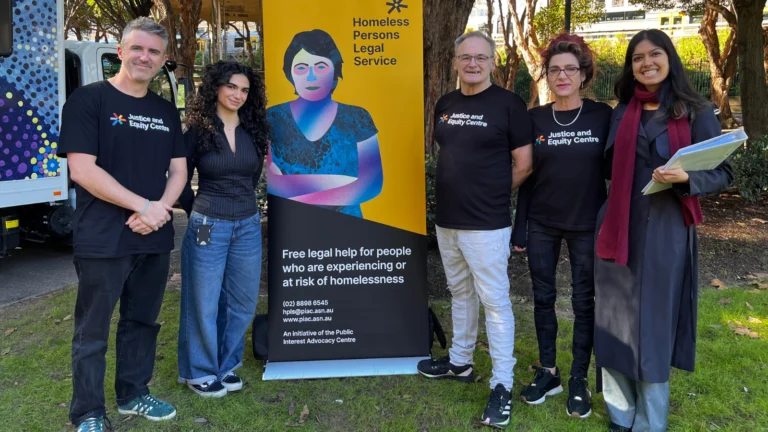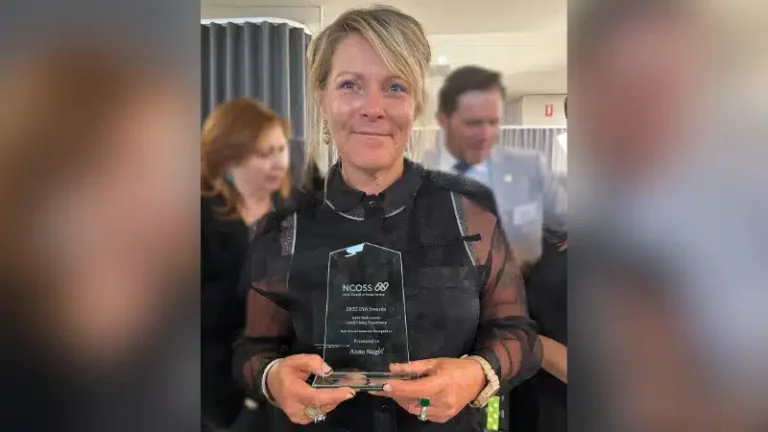PIAC supports distribution network service providers (DNSPs) pursuing the least-cost option to provide regulated network services. In assessing non-network options to address a need, PIAC considers that DNSPs should consider off-grid solutions, or Stand-Alone Power Supply (SAPS), where they provide a cost-effective alternative to traditional network solutions.
The AEMC has put forward two possible models for the DNSP-led transition to SAPS for a customer or group of customers:
- A NEM-consistency model which, based on the model proposed by AusNet Services, retains the retail relationships with the network business, wholesale market and customer; and
- The integrated service provision model, which is based around the concept of a single provider for all aspects of the SAPS without customer access to retail competition.
Of the two presented, PIAC prefers a NEM-consistency model where the responsibilities and obligations as well as the consumer’s experience are as unchanged as possible for the customer transitioned to SAPS supply by their DNSP. PIAC has concerns, however, about the NEM-consistency model described by the AEMC. In particular, the treatment of wholesale prices, is problematic as it links NEM spot prices with cost recovery on the part of the consumer even though there is no causal link between those and SAPS cost. This has two main consequences: diluting the effectiveness of any retail tariff provided to the customer; and creating an unnecessary wholesale spot price exposure (and hence hedging obligation) for the retailer.
Instead, PIAC puts forward an option where the capital and operating costs of the SAPS would be included in the Distribution Use of System (DUOS) charged by the DNSP to the retailer, with no link to the wholesale energy market. Since the ongoing operating expenditure for SAPS is relatively small compared to wholesale energy costs in the energy market, it is appropriate, and simpler, for these operating costs to be included in the DNSP’s total operating expenditure allowance and hence recovered from all customers as part of the normal DUOS charges. Not having to pay separate generation cost for the SAPS-supplied customer, would further reduce costs for the customer’s retailer compared to a grid-supplied customer and more effectively encourage retail competition for such off-grid customers.
This model is in the interest of all customers wherever it would result in a net reduction in the DNSP’s total cost of operating its network and hence a lower DUOS charge for all customers. The relatively low SAPS generation costs being recovered across the DNSP’s customer base will in most cases not render an otherwise economically efficient SAPS network replacement to be inefficient.

